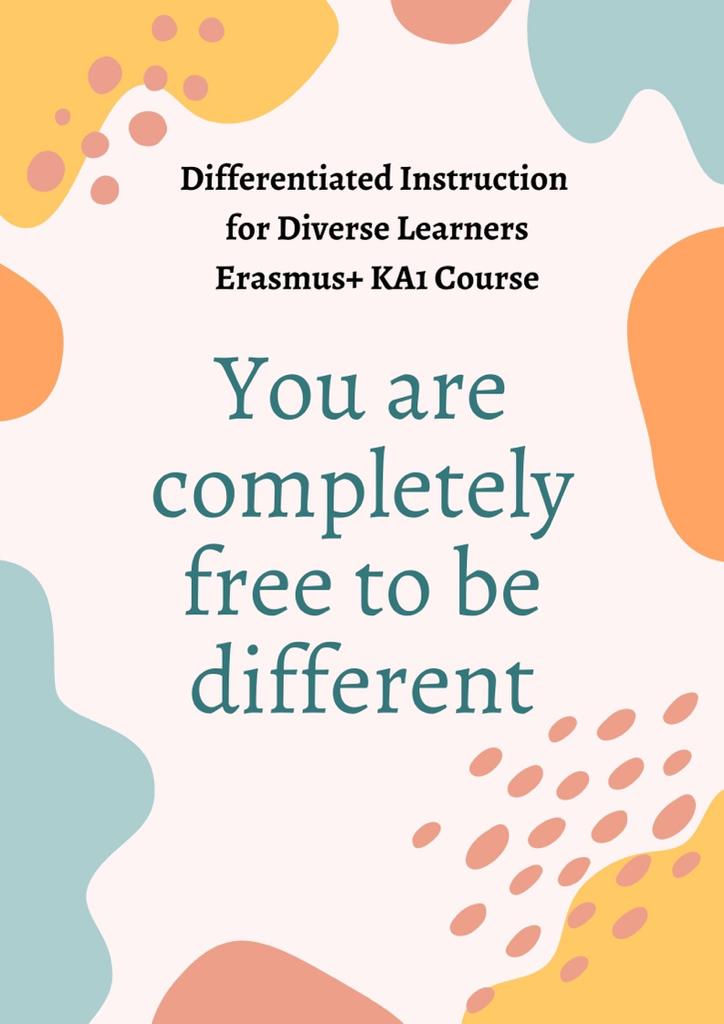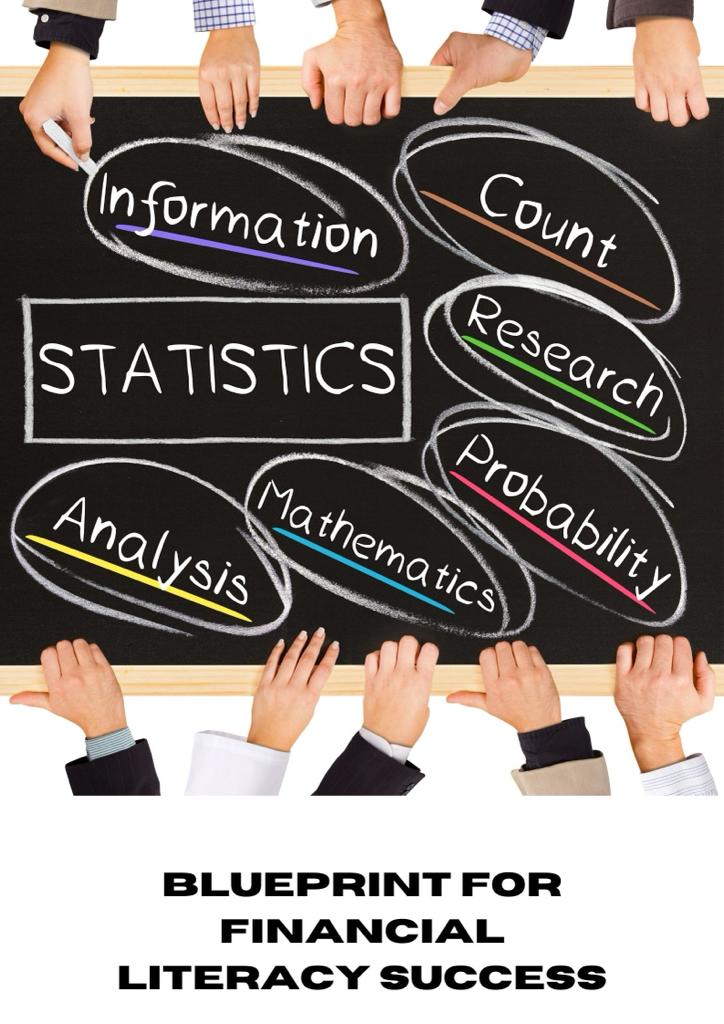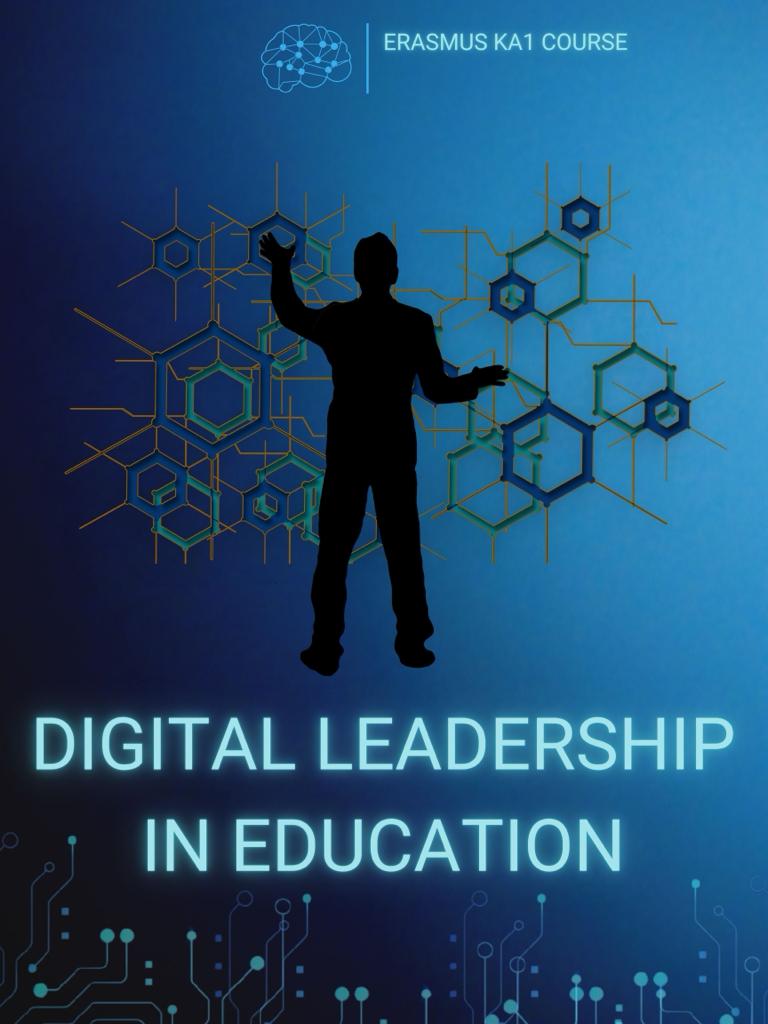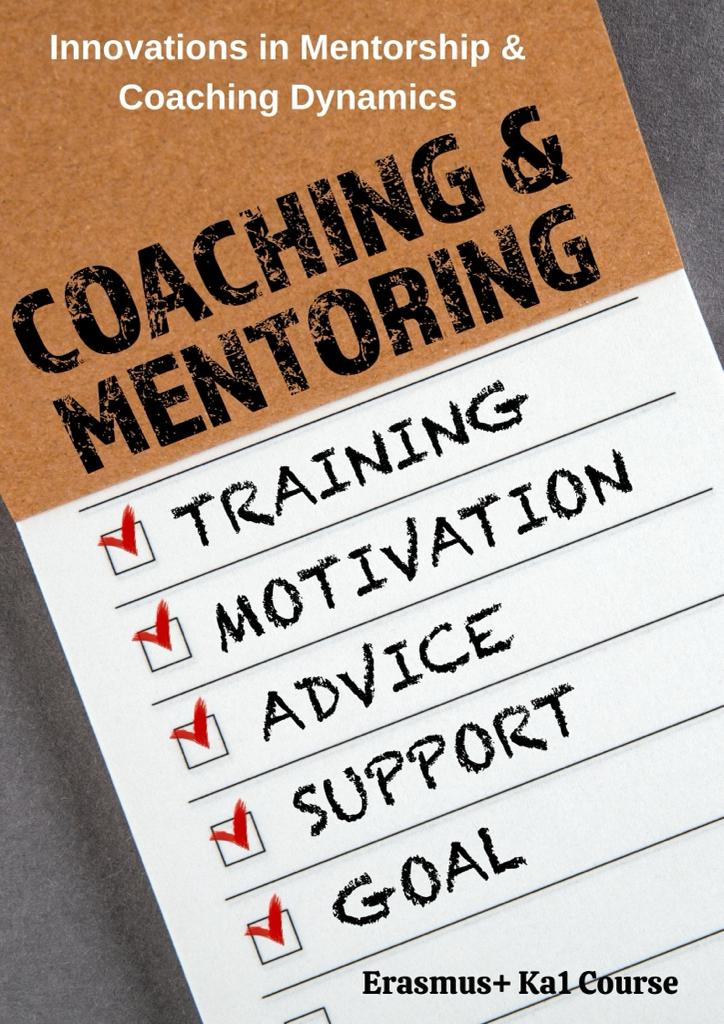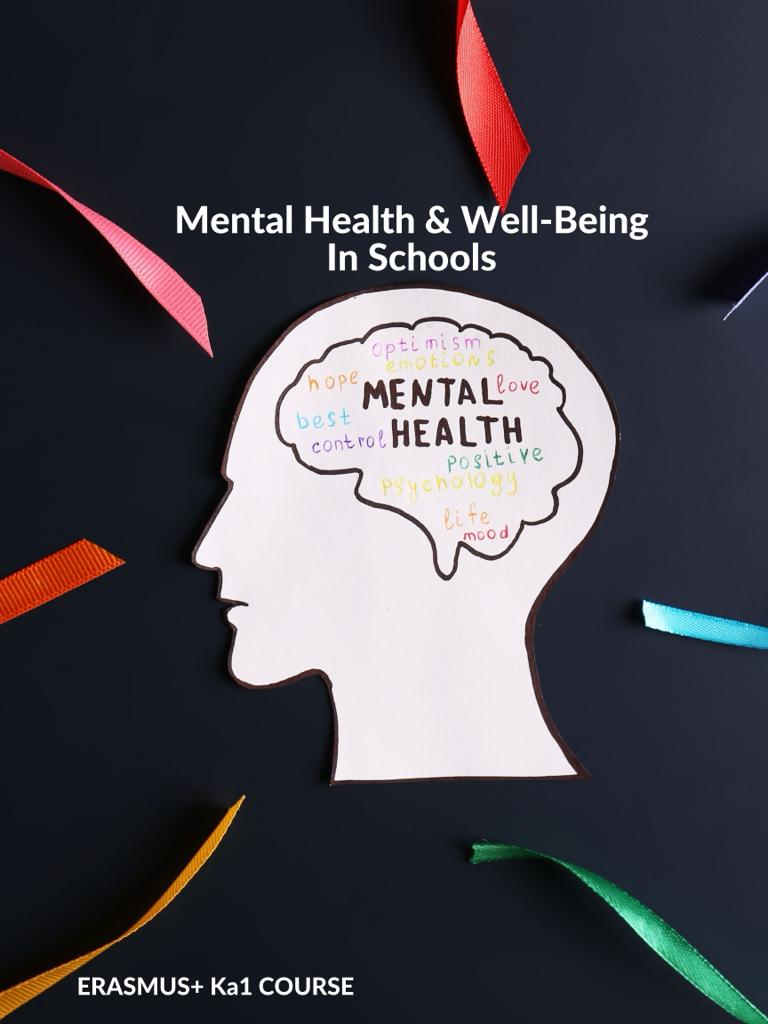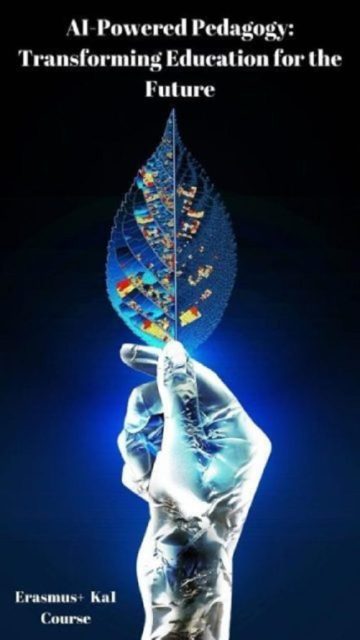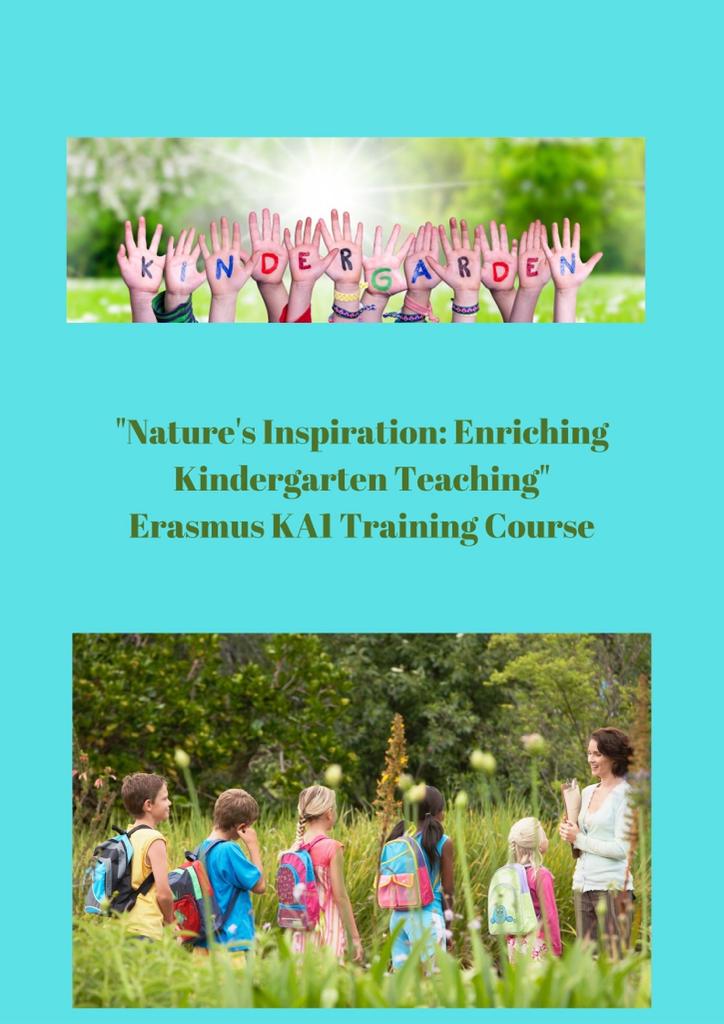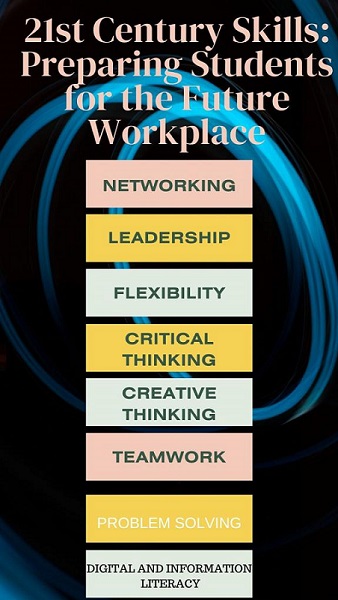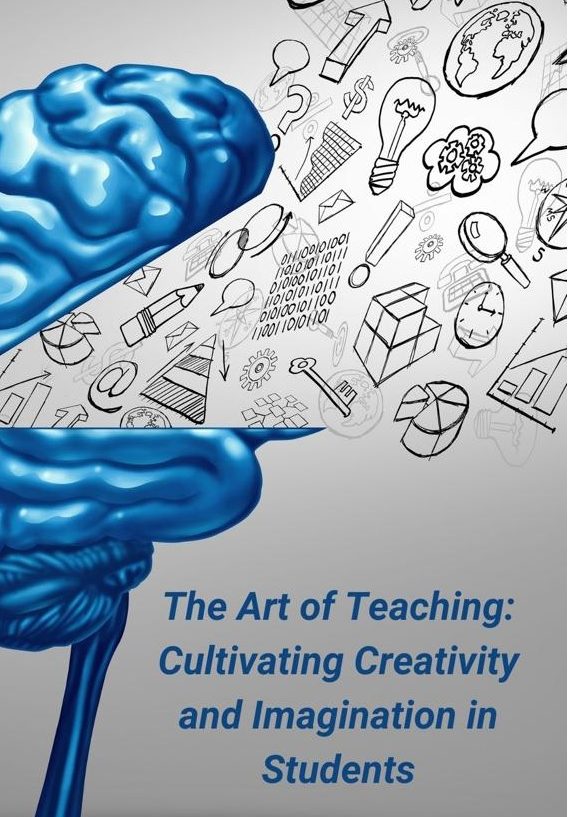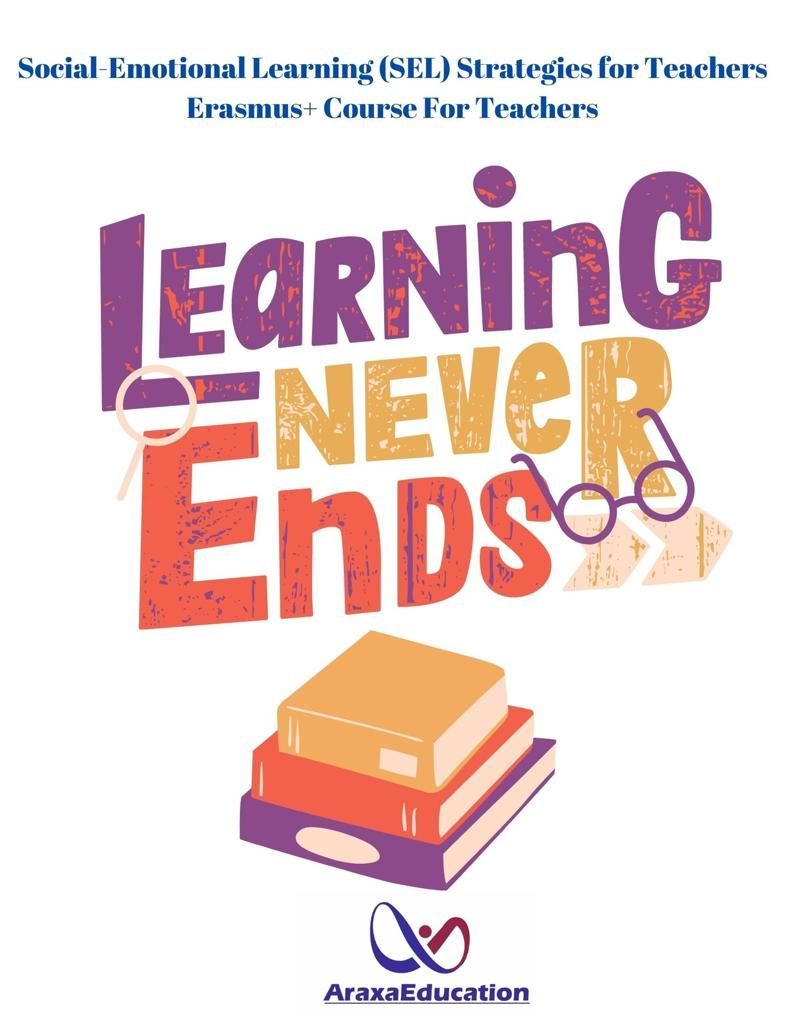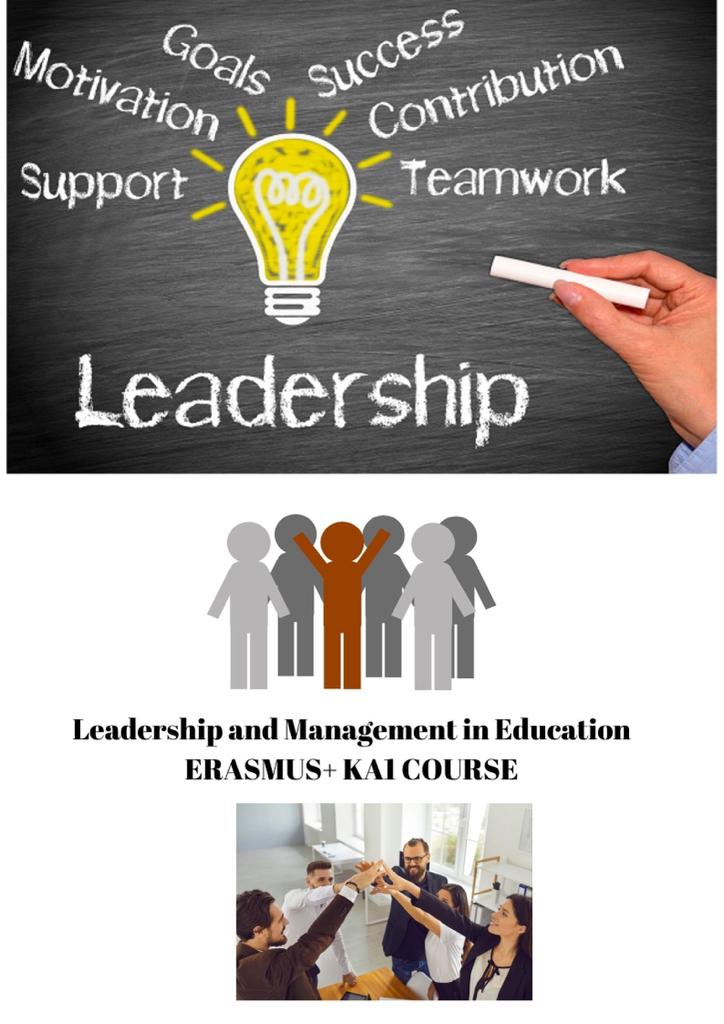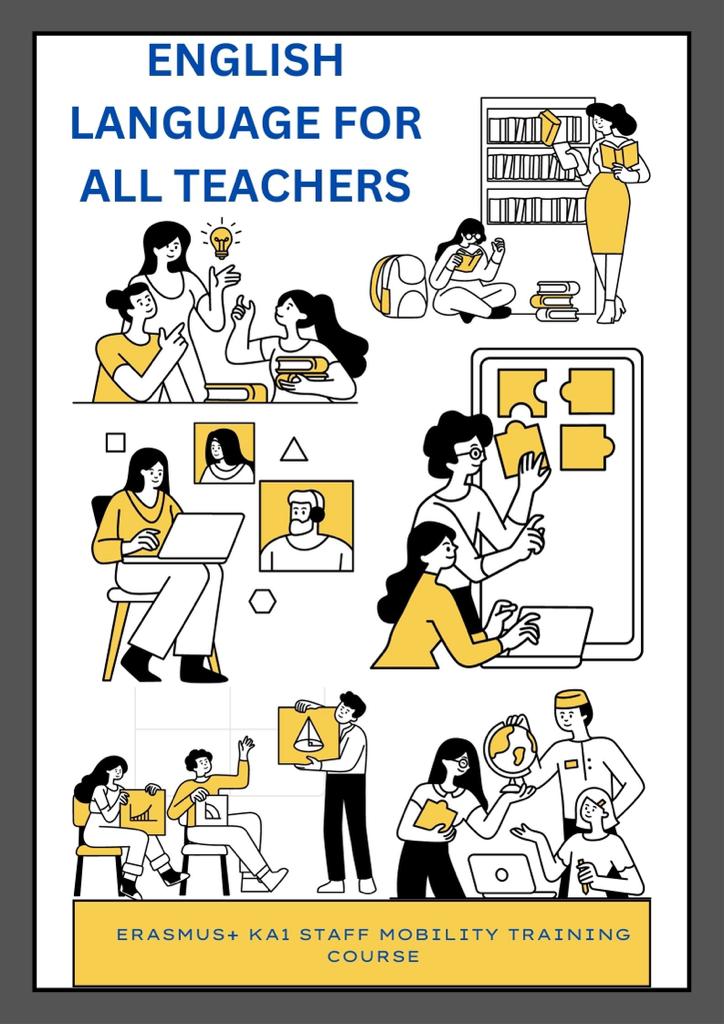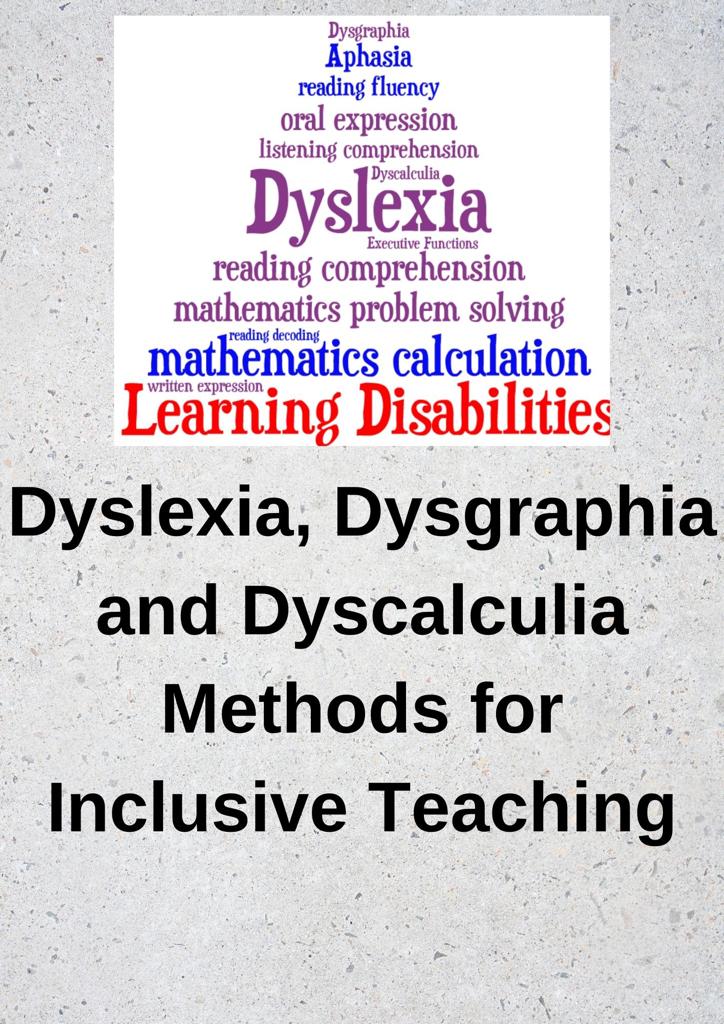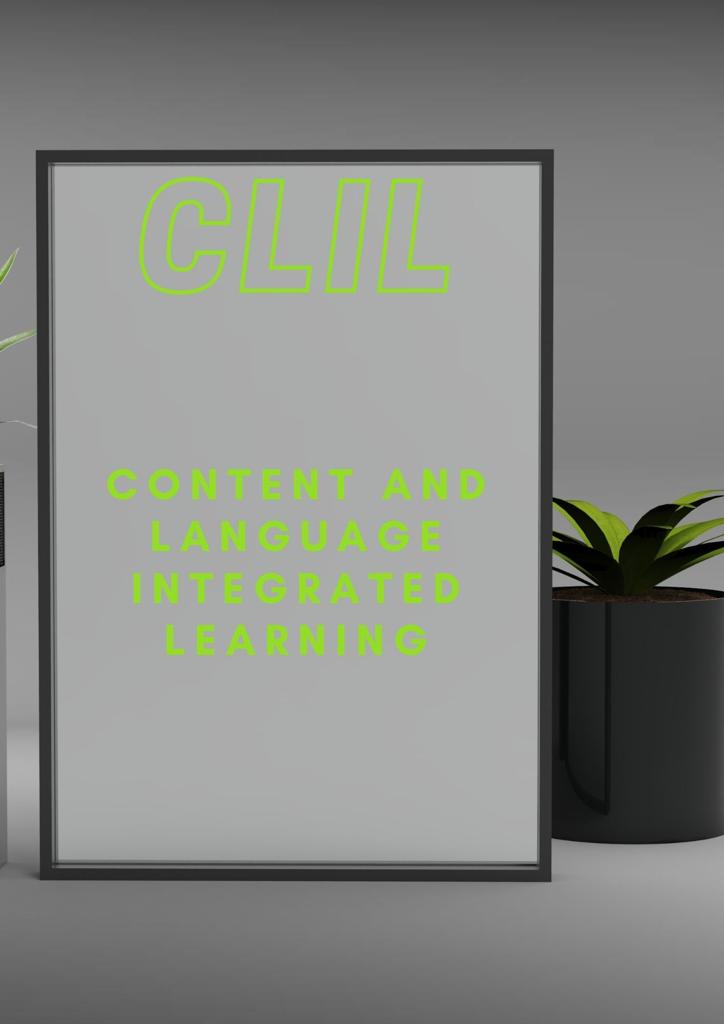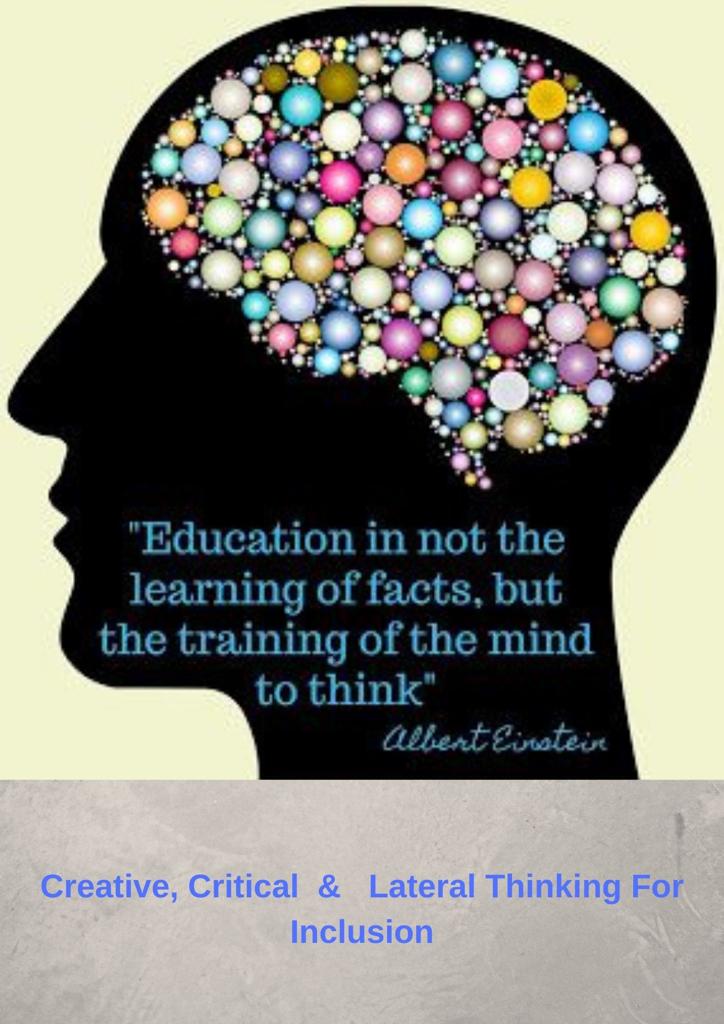| Course Description | A professional development Erasmus+ KA1 Course named Differentiated Instruction for Diverse Learners aims to give teachers the abilities and information they need to build inclusive classrooms that cater to all students’ needs, regardless of their learning preferences, academic standing, or cultural background. Participants in this course will examine a range of instructional techniques, such as differentiated instruction, flexible grouping, and scaffolding, that can be modified to suit the requirements of diverse learners. Additionally, participants will learn how to evaluate student progress, use data to guide teaching choices, and create and put into practice successful interventions for struggling students.
The course will also cover strategies for building positive relationships with students and their families and creating a supportive and inclusive classroom environment that fosters academic success and personal growth. Through this Erasmus+ course, participants will gain the skills and knowledge necessary to create a dynamic and inclusive classroom environment that meets the needs of all learners. |
| Methodologies Of The Course | Diverse instructional approaches will be used in this Erasmus+ course to engage a variety of learners and meet their unique requirements. A variety of research-based methods for differentiated teaching will be examined by participants, including flexible grouping, tiered assignments, and student choice. In order to ensure that instructional materials and activities are available to all students, regardless of their backgrounds or abilities, the course will also integrate Universal Design for Learning (UDL) principles. Participants will also learn how to use summative and formative evaluations to enhance teaching and give students timely feedback. Participants are encouraged to share their personal experiences and learn from one another, as the training places a strong emphasis on collaboration and reflective practice.
Through a combination of lectures, discussions, case studies, and hands-on activities, participants will gain practical skills and knowledge that they can apply in their own classrooms |
|
Learning Outcomes |
Upon completion of the Erasmus+ KA1 course, participants will be able to:
1. Analyze the diverse needs and abilities of students in their classrooms and design instructional activities that accommodate and support each student’s learning style and preferences.
2. Utilize formative assessments to evaluate student progress and adjust teaching strategies to meet the learning needs of individual students.
3. Apply effective communication and collaboration techniques to develop partnerships with students, parents, and colleagues to support differentiated instruction and meet the needs of diverse learners.
4. Develop a deep understanding of the principles of Universal Design for Learning (UDL) and use this knowledge to create flexible and accessible learning environments that engage and support all students.
5. Demonstrate a variety of strategies for providing multiple pathways to learning, including scaffolding, tiered assignments, and personalized learning plans.
6. Critically reflect on their teaching practices and use feedback to refine and improve differentiated instruction for diverse learners.
These learning outcomes emphasize the development of a range of pedagogical and interpersonal skills necessary for meeting the diverse needs of students in today’s classrooms. |
| Language | English |
| Duration | 5 Days |
| Type of Certification Awarded |
|
Schedule of the activities
|
Online Meeting Program |
|
| Day 1 |
|
| Day 2 |
|
| Day 3 |
|
| Day 4 |
|
| Day 5 |
|
| Online Meeting Program | Araxa Edu supports your dissemination activities
|
| Course Fee: | The course fee is 80 euros per participant per day. This fee does not cover some expenses like accommodation, travel, etc. Costs covering enrollment fees for staff mobility format ‘Courses and training’. ( Source: Erasmus+ Program Guide) |
|
PLANNED |
Barcelona, Spain 1. June 10-14, 2024 2. July 08-12, 2024 3. August 12-16, 2024 4. September 09-13, 2024 5. October 07-11, 2024
Paris, France 1. June 17-21, 2024 2. July 15-19, 2024 3. August 12-16, 2024 4. September 16-20, 2024 5. October 14-18, 2024
Lisbon, Portugal 1. May 13-17, 2024 2. June 10-14, 2024 3. July 08-12, 2024 4. August 12-16, 2024 5. September 09-13, 2024
Antalya, Türkiye 1. May 20-24, 2024 2. June 17-21, 2024 3. July 15-19, 2024 4. August 19-23, 2024 5. September 16-20, 2024
Fethiye, Türkiye 1. May 27-31, 2024 2. June 24-28, 2024 3. July 22-26, 2024 4. August 26-30, 2024 5. September 23-27, 2024
Alanya, Türkiye 1. June 03-07, 2024 2. July 01-05, 2024 3. July 29-August 02, 2024 4. August 05-09, 2024 5. September 02-06, 2024
İstanbul, Türkiye 1. June 10-14, 2024 2. July 08-12, 2024 3. August 12-16, 2024 4. September 09-13, 2024 5. October 07-11, 2024 |
You can also make requests for different dates and locations when filling out the pre-registration form, aside from the planned program.
As educators, we understand that every student is unique and has their own learning needs. It is our responsibility to ensure that we provide an inclusive and supportive learning environment for all students, regardless of their differences. This is where differentiated instruction comes into play.
Araxa Edu is proud to offer an Erasmus+ KA1 course on Differentiated Instruction for Diverse Learners. This course is designed to provide teachers with the knowledge and skills needed to differentiate instruction and create a learning environment that supports the needs of all learners.
Through this course, participants will learn various strategies for differentiating instruction to meet the needs of diverse learners. They will also explore the importance of creating a positive and inclusive classroom environment, as well as the role of assessment in supporting differentiated instruction.
At Araxa Edu, we believe in the power of education to create positive change. Our Erasmus+ KA1 course on Differentiated Instruction for Diverse Learners is an excellent opportunity for educators to enhance their teaching skills and make a meaningful impact on the lives of their students.
Join us for this transformative course and learn how to create an inclusive and supportive learning environment for all students.

